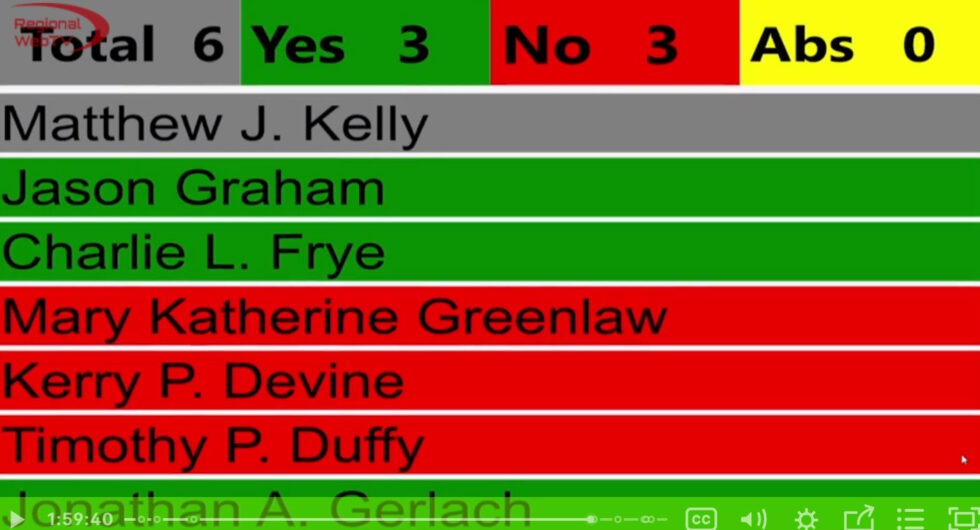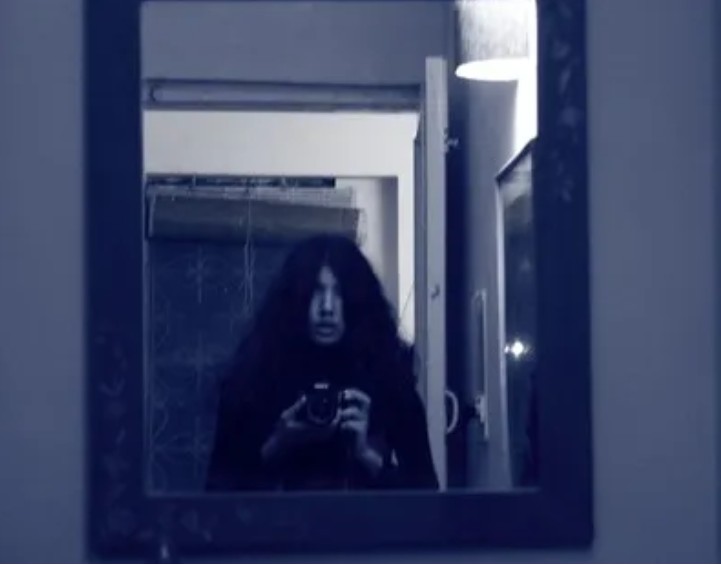
On Tuesday night, the highly contentious issue of Accessory Dwelling Units (ADUs) that has dominated political debate in the city over the past year, finally faced its day of reckoning before City Council.
How appropriate that it would fail on a 3 to 3 vote.
Like the council, the city is split on how to deal with the elephant in the room: growth. More specifically, whether such growth will destroy the character which makes the city the special place it is.
The numbers are well established. From 2010 to 2020, the city grew from 23,375 people to 29,059. By 2040, the population is projected to swell to 38,094.
In a city that is landlocked and already stressed to meet city services, such growth presents unique problems that must be seriously considered. The question is, which path will the city pursue to do that?
Higher density or managed growth?
If ADUs weren’t the answer, it would appear that higher density, managed growth, or some compromise between the two is where the city is going to find its answer in the years ahead. Those viewpoints were on full display Tuesday night.
Councilman Jason Graham, who voted for the ADU proposal, argued that bringing more people in will only grow the character of the city, not undercut its uniqueness. In fact, he would argue the city has an obligation to look in this direction.
it’s … about providing more opportunities for residents of all walks of life… and our ability to open the doors for more people to enjoy the lifestyle that we enjoy today. I don’t believe more people will crush that lifestyle…. I don’t care if you bring in two people who have to live in an ADU. I don’t care if that family that used to live in that house gets replaced by a family with five children. That’s not going to degrade our quality of life. … I deeply hope that this city can open its doors to as many people as it possibly can because we have something special here. And I feel it is our responsibility to share it with others because that love can only grow.
Councilman and Vice-Mayor Charlie L. Frye, who also voted to support ADUs, is sympathetic to Graham’s position. However, his support of ADUs is more-closely tied to the very real difficulties working class people are experiencing trying to find affordable housing in the city. A problem amplified because neither Spotsylvania nor Stafford Counties are home to more-affordable options“There was somebody who spoke at the very beginning of this conversation,” he began:
that said they … are one of the servers at your favorite restaurant, and if it weren’t for ADUs I couldn’t be here.
Somehow, the city must find a way to make it possible for people to live in the community they serve.
Speaking with the Advance by phone on Wednesday, Graham elaborated on what he had to say during the council meeting:
We have to take a close look at every housing option on the table, and make a decision about what we want Fredericksburg to be. We have a responsibility to the people about where we expect them to live, how they get to and from work, and what kind of quality of life we can provide.
Where Graham sees growth as expanding what we have so others can enjoy it, others see trouble ahead for the city financially and it’s impact on the city’s character.
One of the civic leaders out front on stopping the ADU proposal, Anne Little, is concerned about the impact ADUs would have on the historic district, the city’s infrastructure, and those who struggle to make ends meet. In her public comments she noted the strain additional residents place on infrastructure, and how that in turn drives up taxes on residents who have already faced considerable increases over the past several years.
The approach she would offer is to curb the move toward resident density and focus more on business; an approach she explained this way in an email to the Advance:
We are going to continue to fight for managed growth and a diminution of residential and more emphasis on business. Not easy to do, but we do not have any more land for another school and we are bleeding our citizens with higher taxes and fees.
Hope for the future
It seems that City Council heard both the promises and challenges from all sides of the aisle. Among those who voted against the motion, there was a sense that the debate itself had perhaps taken people’s eyes off what truly matters.
Councilman Tim Duffy, who voted against this proposal, gave oxygen to this concern.
I think we have bigger fish to fry in the city, and I’m prepared to move on. … Everyone’s committed to the city; I feel that’s genuinely true…. We need to keep coming together to address the city’s problems…. let’s get this energy going around things we can agree about and build consensus on, and really move the needle forward.
And to that work the council is now free to turn. Smarter, for sure, about some of the property-rights issues that are front-of-mind for many, as well as how people feel about issues of growth.
We look forward to the solutions they find to growth issues, homelessness, the needs of the ALICE population, the rising pressure on infrastructure, and so many issues before this city.
As the council turns to these, however, there are two major points that the council should also take away from this debate.
- Finding solutions for the poor means hearing from the poor. It was hard not to notice that among those both for and against ADUs, very few were the poor that one camp said ADUs would help, and another camp claimed ADUs would hurt. This is no one party’s fault. The city does a good job of advertising its meetings and posting material on-line, as well as inviting input. What the relative absence of these voices in this debate reveals is that these people — for whatever reason — feel that they can’t come forward and be heard. That is a reality we all have an obligation to address. And find a way to help those most affected by such positions, take part in forming those decisions.
- Good government works. Having watched closely the chaos that has engulfed Spotsylvania County, all but destroying a once promising school district, and the drama that always seems to surround Stafford Board of Supervisors’ meetings, it was genuinely refreshing to watch the Fredericksburg City Council work through this thorny issue — to the joy of some, and the chagrin of others – without devolving into the embarrassing name-calling and childish behavior we have seen in Spotsylvania. No one got what they wanted in the ADU debate; it’s clear that the issues which caused the ADU debate are going to be front-and-center in Fredericksburg politics for a long time. That this council can address these issues like adults, and civilly, bodes well for the city finding viable solutions.
In a phone call with Mayor Mary Katherine Greenlaw on Wednesday evening, she made the following observation:
I think there’s a genuine concern about growth. I would like to point out, however, that in the 1950s, the city’s population we 12,000. We had more citizens than either Spotsylvania or Stafford counties. The character of the city and the sense of place that we had then is still here. And we have more than doubled the population.
The mayor’s perspective is one all parties would do well to remember moving forward. The city has been here before. The city will be here again.
So long as its leaders continue to carry themselves well and work through these problems in the way they have in recent years, there’s every reason to believe that things will work out for the best for Fredericksburg.





